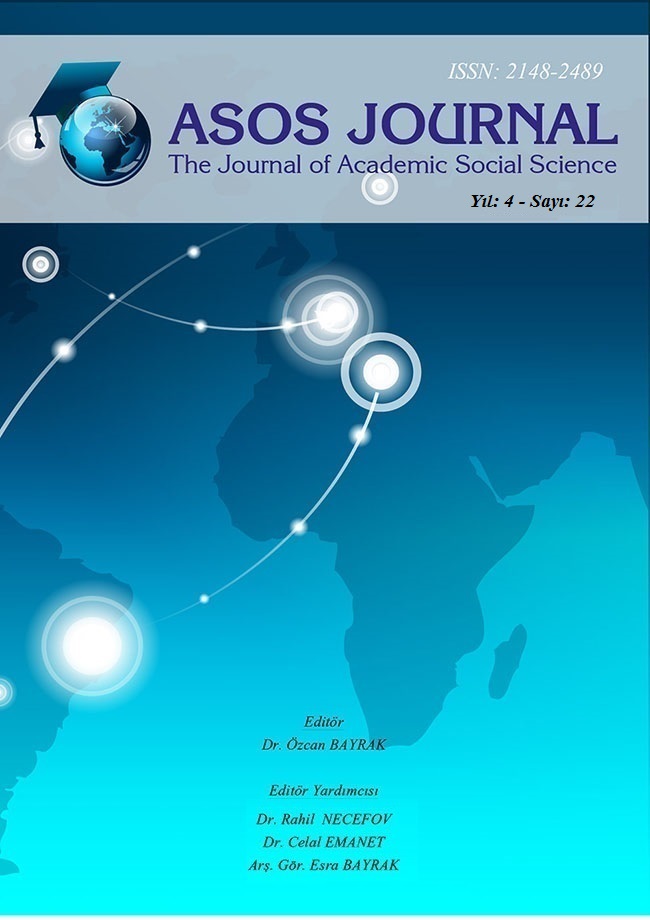Author :
Abstract
Dış ticaret, her zaman bir ülkenin ekonomi sahasında özel bir konum arz etmiş, ekonomi planlamacıları bu hususu çok önemseyerek, özel çaba sarf etmişlerdir. Bu doğrultuda her ülkenin ithalat nicelik ve niteliği ve onu etkileyen değişkenlerle ilgili araştırmalar, ekonomik kalkınma planlamacılarının yararlanması için değerli sonuçlar sunabilmektedirler. Bu çalışma, Türkiye'nin çeşitli ülkelerden yaptığı ithalat talebinin gelir esnekliğinin belirlenmesi için yapılmış olup, bu doğrultuda, önce ülkenin 1980- 2013 yılları arasında çeşitli ülkelerden gerçekleştirdiği ithalat miktarları incelenmiş, ithalat genel hacminin %0.2’sinden fazlasını karşılayan 50 ülke ele alınmıştır. Daha sonra, ülkenin (Türkiye'nin) çeşitli ülkelerden yaptığı ithalatı bağımlı değişken olarak, kişi başına düşen gelir, döviz kuru ve taraf ülkeye göre Türkiye'nin enflasyon oranı ise bağımsız değişkenler olarak ele alınmış, Logaritmik Çok Değişkenli Lineer model esas alınarak ve En Küçük Kareler yöntemiyle tahmin işlem
Keywords
Abstract
Foreign trade has always had a significant place in the economy of countries and the economic planners pay a considerable amount of attention to this matter. So studying the quantity and quality of the import of each country and the variables affecting it, will have valuable results to be used in economic and development planning of the country. This research is conducted to study and determine income elasticity of import demand in Turkey from 1980 to 2013. In this research the amount of import demand in Turkey from different countries is selected as the dependent variable, and the variables of per capita income, exchange rate in Turkey and ratio of inflation rate in Turkey to the inflation rate in exporting country are considered as independent variables. The 50 countries that had a share of more than 0.2% of Turkey's import were selected to study. The main model of the research was estimated using time series data and OLS method. The results state that income elasticity of import de
